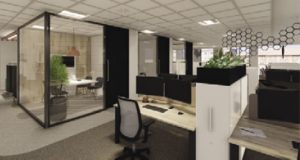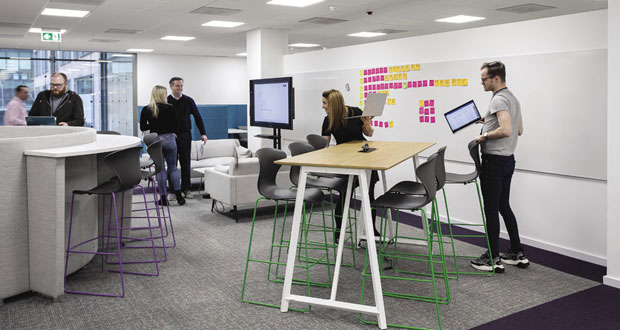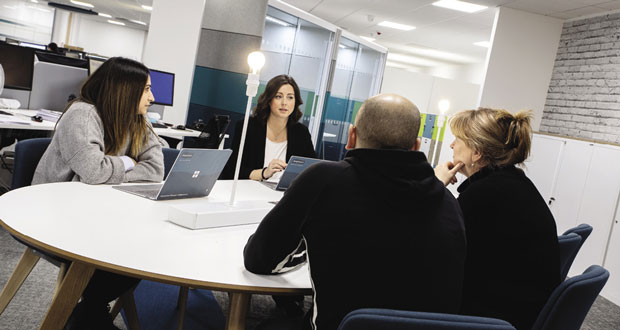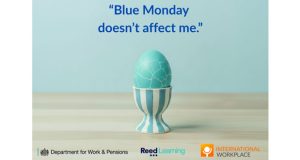Moneypenny knows that employee transience is the new norm but that it must not be at the cost of client care. Burlison said: “Clients must receive the same seamless services and accessibility wherever teams are, which requires the use of cloud based technologies, VOIP and video to ensure they are contactable. Clients may have been accepting of delays to returned calls, or having to leave messages with switchboards, at the start of the pandemic but not anymore.
“It’s important to remember that the telephone is the most important communications channel across all sectors and that missed calls and poorly handled calls cost business and reputation. FMs have a critical role to play in ensuring that telephone answering, be that an in-house system and personnel or an outsourced service, is fit for purpose and supports organisational agility.”
The pandemic has also highlighted that when people have the tools to work from anywhere, they also have the tools to work anytime – which can create new expectations from customers. Burlison continued: “A growing number of people contact companies outside traditional hours and are using tools such as live chat. The pandemic experience might be atypical but it has shown that always being contactable is essential – even if that’s message taking for a call back the next day.”
HOW WILL THE WORKPLACE LOOK?
“Already some FMs are looking to turn their front of house services and reception spaces into virtual solutions ” continues Burlison. “In these businesses off-site outsourced teams will handle their calls and automated visitor management and room booking systems are greeting and directing their visitors and their people. This is most certainly driven by the current need to minimise face-to-face contact right now but is part of a wider movement to greater organisational agility and efficiency.”
Claremont recognises this shift too and says that this different approach to the traditional reception welcome is part of a bigger movement of change.
Clarke said: “There’s been a marked shift towards the inclusion of more intuitive and automated tools within workplace design as they help to build greater efficiency into workplaces. These efficiencies aren’t driven by cost per se but allow greater value to be realised. Revisiting how reception spaces function and look, is all tied up in reimagining what a workplace needs to do and how more value can be given to other important functions. The future of the workplace looks set to have fewer rows of desks in order to curate more dynamic, company-specific and memorable employee experiences.”
With so much focus on the employee experience, FMs and other senior managers must not forget the importance of the client journey and experience too.
Moneypenny’s Burlison said: “The real test of whether physical and virtual workplaces are in-tune is whether they offer the same seamless client experience. Clients shouldn’t be able to tell where employees are working from as teams should always be responsive, well equipped and available. That’s perhaps the biggest challenge for FMs and a very clear objective for most organisations.”
Client needs have certainly changed during 2020 and the lockdown experience prompted some of the most empathetic businesses to meet the primary needs of their clients – namely safety, security and companionship, rather than just selling. Burlison explained: “Over the last few months phone calls started to matter more, call durations were longer and companies were changing their telephone scripts to not only reflect changes to services, but to show they cared. It seems the world now recognises the value of authentic human communication and so appropriate tools, systems and support make it possible for the the physical and digital experience of work to coalesce.”
 At the heart of this new world of work is agility; an organisation’s ability to adapt and respond quickly to change and 2020 has been a master class in it. Ann Clarke concludes: “As employees return to the office, FMs have to revisit their roles and use their expertise beyond the workplace environment to include the experience of work as a whole. It has always been the role of the FM to equip organisations, people and workplaces with the tools, technologies, facilities and attitudes to thrive – but ensuring that people can work anywhere and at any time, without detriment to efficiency or productivity, is the next big challenge.”
At the heart of this new world of work is agility; an organisation’s ability to adapt and respond quickly to change and 2020 has been a master class in it. Ann Clarke concludes: “As employees return to the office, FMs have to revisit their roles and use their expertise beyond the workplace environment to include the experience of work as a whole. It has always been the role of the FM to equip organisations, people and workplaces with the tools, technologies, facilities and attitudes to thrive – but ensuring that people can work anywhere and at any time, without detriment to efficiency or productivity, is the next big challenge.”






